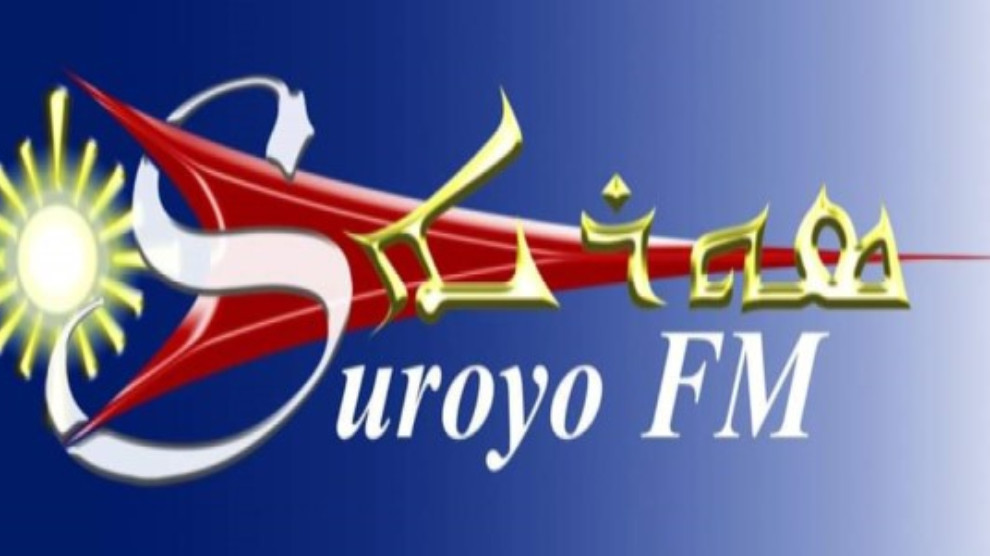New Syriac Radio for the Gozarto Region of Bethnahrin on Air
The goal of the station is to inform the Syriac people, as well as others, about the latest news that touches them locally.
The goal of the station is to inform the Syriac people, as well as others, about the latest news that touches them locally.

The Syriac people (Assyrian–Aramean–Chaldean) have now received another voice in the media noise, this time a radio station that will serve their people. Last week, SuroyoFM, as the radio station is named, began with its test broadcasts covering the Syrian cities of Qamishli and Derik. Soon the station will also reach the city of Heseke.
SuroyoFM is a regional radio station for the entire Gozarto region in northeastern Syria. The station will broadcast in several different languages: the two dialects of the Aramaic, Armenian, and Arabic. The goal of the station is to inform the Syriac people, as well as others, about the latest news that touches them locally. Programs will cover most areas ranging from children, culture, entertainment, sports, debates, discussion programs, and news.

Preparations have been many and long; all technical equipment has been purchased and installed and the staff has undergone training. “We also have experienced program managers among their personnel,” says Samer Hanna and Maria Hanna who have shared responsibility for the editorial role.
Maria continues: “SuroyoFM’s main task is to become a platform for Gozarto’s people to engage in dialogue and to find consensus on important issues. Of course, the focus will be on our people in the first place but we will not neglect the other people in the region. We want to be seen as a public service radio for the Syriacs with all our names, our church affiliations, as well as linguistic dialects. We will try to reach Armenians, Arabs and Kurds in their language also over time, so that we can make them understand our people better.”
Samer says: “We must not forget that our country has been a war zone for several years and the importance of an independent voice for our people is important when it comes to reporting what is happening around us”. Samer continues “The team that will work with the production is primarily Syriacs, but we will also have staff such as program managers, editors, researchers and technicians from other people”.
